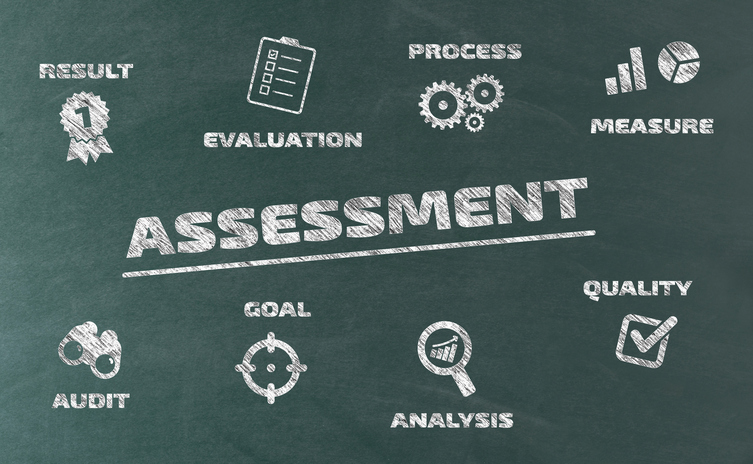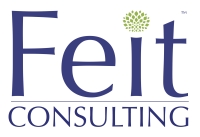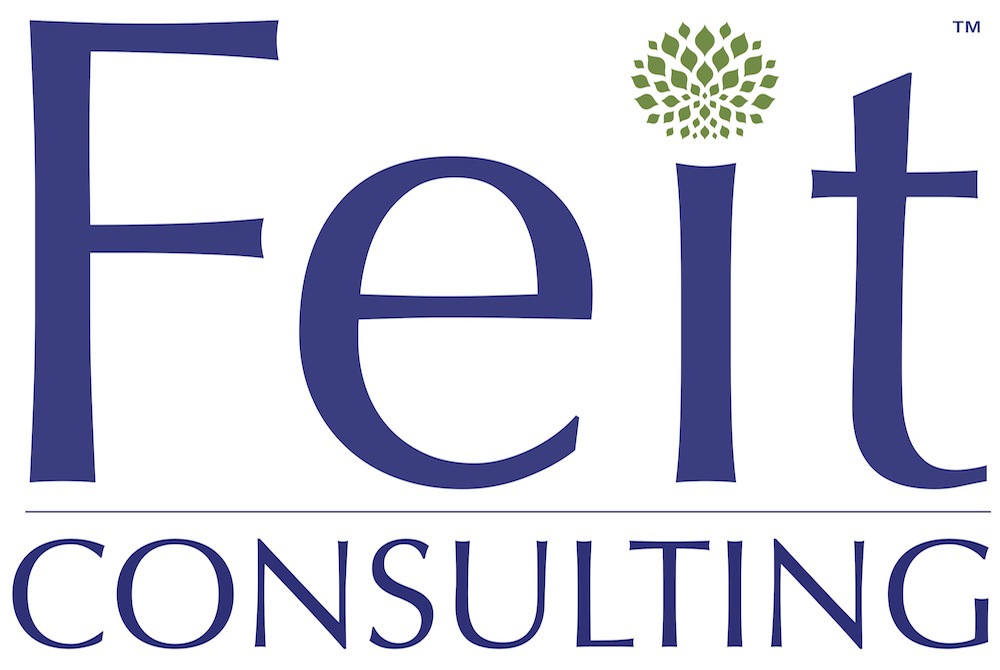
Does your firm or organization need a Modern Library Audit?
By Michael Feit | Feit Consulting , Modern Law Library , Resources
If you are a Librarian or Administrator who has the mindset of continuous process improvement with the goal of optimizing resources (time and money), the Modern Library Audit provides concrete steps specific to your firm’s needs to achieve this.
In a Modern Library Audit, Feit Consulting’s team of experts conducts a thorough assessment of all legal information functions in the library and the support provided for various departments and practice groups. We evaluate the utilization of personnel, internal processes, technology, legal information resources and the overall support for the business of law.
From the assessment, we develop and present a plan to further modernize your Law Library. What this equates to is a solid plan with clear action steps and ROI for improving how your Law Library operates.
The Modern Law Library is not a destination but an approach to managing legal information resources. Even when a firm reaches the realm of modernizing their law library, changes will occur – internal and external to the firm – that affect the role of the Library and what it provides.
The result of a Modern Law Library Audit is a clear plan with recommendations specific to your firm/organization with the goal of saving money, improving efficiencies, and maximizing the utilization of resources.
If you are ready to take your Law Library to the next level, Feit Consulting’s Modern Library Audit provides a clear path forward. Contact a Feit Advisor today to set up an initial consultation and schedule your Audit.






